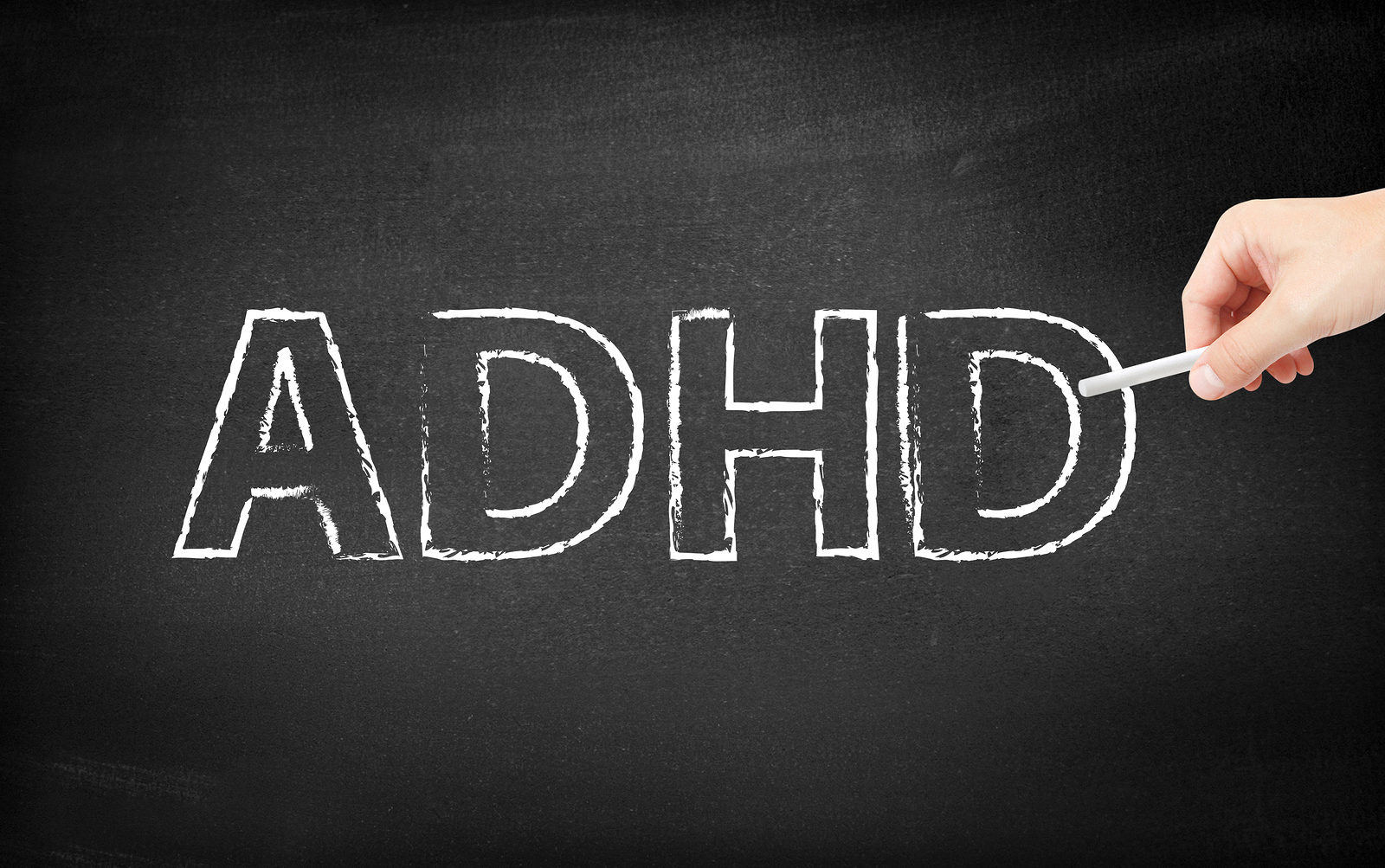One of the first concerns that springs to mind when we lose focus is the specter of ADHD. Hardly anyone is unfamiliar with this term — the ADHD box grows bigger each year and more and more children fall into it — so why not their mothers? The diagnosis is so common now that many people joke about having it. But let’s get some perspective.
Diagnosing ADHD
The diagnosis and treatment of ADHD (also known as ADD, AD/HD, or ADD/HD) are subject to a great deal of dispute. The condition is frequently suspected when there is an ongoing cluster of symptoms, most notably inattentiveness, hyperactivity, and impulsivity. But for a positive diagnosis of ADHD, these behavioral features must be present to a degree considered “inappropriate,” e.g., outside the norm, and the possibility that they are components of an underlying bodily illness or a separate mental disorder must also be ruled out.
Diagnosing ADHD isn’t as straightforward at you might think. Some of the concerns that could complicate the picture when diagnosing ADHD include: bipolar issues; clinical depression or anxiety; conventional learning disabilities or behavioral problems; post-traumatic stress disorder; obsessive–compulsive disorder; schizophrenia; substance abuse; and essentially any psychological/psychiatric disorder. Having ADHD increases the risk of other psychiatric and behavioral disorders, so it’s important to consider everything that might be at play.
But more often than not, you or your child may just think, learn, and/or behave differently than the average Jane — a trait that can be upsetting, isolating, challenging and, ultimately, extraordinary. Being different is not always a clinical disorder requiring drug-induced compliance, but if it is life-disrupting, it needs to be addressed.
What is adult-onset ADHD?
Technically, there is no such thing as adult–onset ADHD. If ADHD is part of your current personal health picture, it has likely been a factor all your life. If you are entering menopause and your mental health practitioner suspects a diagnosis of ADHD, you have probably had the condition since you were a child and it was either mild enough that no one noticed at the time or you developed coping mechanisms that kept it from registering on your teachers’ and parents’ radar screens.
It is now consistently agreed that ADHD will present itself symptomatically before the age of seven. Although the behavioral aspects were first described and attributed to neurological causes in 1902, ADHD didn’t have a formal title until the 1980’s. So unless you’re under 30, you probably missed a diagnosis — valid or errant — as a child.
ADHD and Menopause
Menopause is a time when previously undiagnosed conditions make themselves heard, but in the case of ADHD it is quite likely you experienced symptoms beforehand but learned to compensate for or possibly conceal them. The Centers for Disease Control estimated in 2005 that somewhere between 2% and 18% of children in the US are affected by ADHD in one form or another, and as many as two-thirds or more of these children will continue to have symptoms well into their adult years. Of note for women of menopausal age is that over time, two of the three core symptoms of ADHD (hyperactivity and impulsivity) tend to fade, but inattention is likely to have persisted.
Natural treatment for ADHD
It’s important, also, to explore a breadth of treatments when facing a diagnosis of ADHD, whether it is you or your child who has been diagnosed. In our culture, we are good at labeling those who color outside the lines. But just as we celebrate ethnic and religious diversity, we should also recognize neurodiversity.
One pioneer in the field of contemporary neuroscience whose work I highly recommend is Dr. Mel Levine, author of the book All Kinds of Minds and founder of the learning centers of the same name (www.allkindsofminds.org). It is his position (and one I wholeheartedly support) that every mind has its strengths and weaknesses and that each one learns differently. Once parents, teachers and medical professionals understand how a child (or an adult) processes information, many cognitive difficulties can be managed without drugs.
Problems with ADHD Medication
And while ADHD drugs can be helpful in certain scenarios, they are not the panacea they’ve been advertised to be. In fact ADHD drugs like Ritalin and Adderall are powerful stimulants that can be fatal if you or your child has an undiagnosed heart weakness. The FDA mandates all ADHD medication to come with a strict warning; one that narrowly escaped being a black-box warning like the one on tobacco products.
I am also extremely skeptical when it comes to putting children on long-term ADHD medication. Not only does it underline the message that something is “wrong” with their brain, ergo them, but evidence shows that ADHD drug treatment alone, devoid of additional instruction in behavioral and emotional strategies, can predispose kids for future drug use, petty crime, vandalism, and depression. Non-medical use of ADHD prescription drugs is the leading cause of emergency room visits in young adults age 18–25.
Better solutions
I think it is far more beneficial to use drugs as an absolute last resort when all other therapies — nutritional, behavioral, social and physical — have been exhausted. And it goes without saying that no mother should ever experiment with her child’s stimulant medication, no matter how tired or dull they feel!
There are many resources out there for women wanting to explore alternatives to conventional ADHD drug therapy. At the clinic, I suggest patients struggling with ADHD symptoms read All Kinds of Minds and look into Integrative Manual Therapy (IMT). I also recommend EEG biofeedback, craniosacral therapy, reflexology and homeopathy. Bach Flower remedies can also be helpful. Educational therapies, as well as exercise and sport routines, have also proven to be very effective for our patients and their children. Visit the on-line Healing Center for additional information on alternative therapies for ADHD.
The power of nutrition
Paying strict attention to diet and nutrients is a vital part of any treatment. Your brain is powered by food. Eliminating excess sugar and chemicals (especially artificial food dyes) and identifying any hidden food sensitivities can make a huge difference. Nutritional deficiencies may manifest in cognitive symptoms, so don’t overlook this piece.
A proper balance of essential fatty acids is imperative when dealing with ADHD or any learning disorder issues. Make sure you and your children are receiving optimal nutrition with a liberal amount of omega-3’s by eating healthy, well-balanced, preferably organic meals and supplementing with a multivitamin and flax seed or an EFA supplement. For more information on how to make the most of your diet, please refer to our Nutritional and Lifestyle Guidelines.








